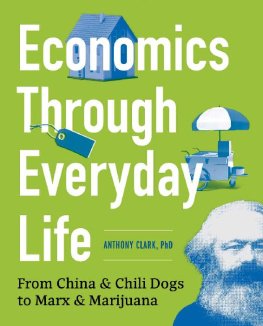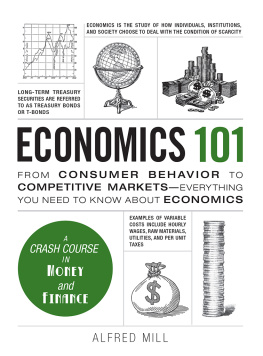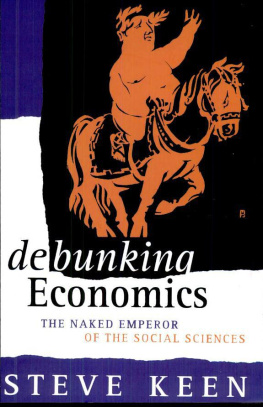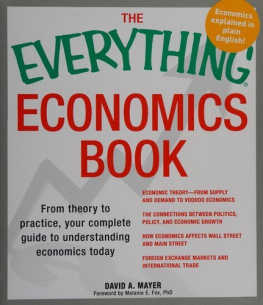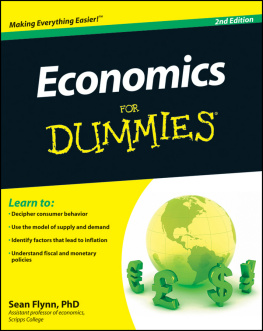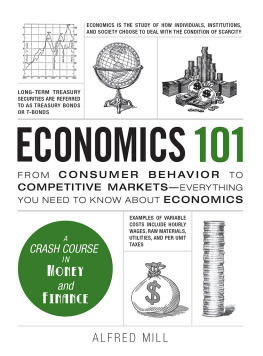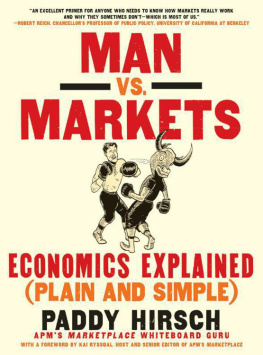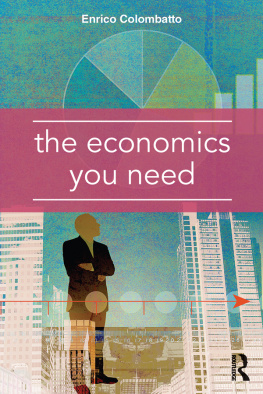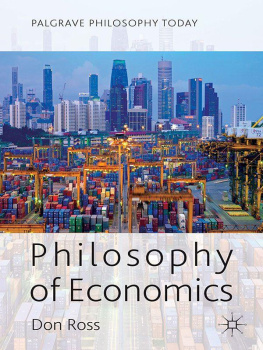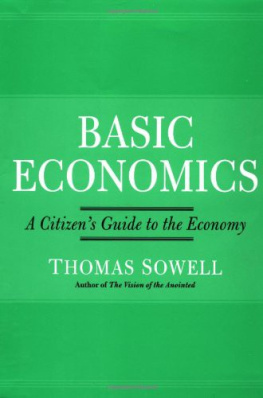To Elaine Bensavage, Boban Rakovic, & Ed Easterling
Copyright 2016 by Anthony Clark.
No part of this publication may be reproduced, stored in a retrieval system, or transmitted in any form or by any means, electronic, mechanical, photocopying, recording, scanning, or otherwise, except as permitted under Section 107 or 108 of the 1976 US Copyright Act, without the prior written permission of the publisher. Requests to the publisher for permission should be addressed to the Permissions Department, Zephyros Press, 918 Parker St., Suite A-12, Berkeley, CA 94710.
Limit of Liability/Disclaimer of Warranty: The publisher and the author make no representations or warranties with respect to the accuracy or completeness of the contents of this work and specifically disclaim all warranties, including without limitation warranties of fitness for a particular purpose. No warranty may be created or extended by sales or promotional materials. The advice and strategies contained herein may not be suitable for every situation. This work is sold with the understanding that the publisher is not engaged in rendering medical, legal, or other professional advice or services. If professional assistance is required, the services of a competent professional person should be sought. Neither the publisher nor the author shall be liable for damages arising herefrom. The fact that an individual, organization, or website is referred to in this work as a citation and/or potential source of further information does not mean that the author or the publisher endorses the information the individual, organization, or website may provide or recommendations they/it may make. Further, readers should be aware that websites listed in this work may have changed or disappeared between when this work was written and when it is read.
For general information on our other products and services or to obtain technical support, please contact our Customer Care Department within the United States at (866) 744-2665, or outside the United States at (510) 253-0500.
Zephyros Press publishes its books in a variety of electronic and print formats. Some content that appears in print may not be available in electronic books, and vice versa.
TRADEMARKS: Zephyros Press and the Zephyros Press logo are trademarks or registered trademarks of Callisto Media Inc. and/or its affiliates, in the United States and other countries, and may not be used without written permission. All other trademarks are the property of their respective owners. Zephyros Press is not associated with any product or vendor mentioned in this book.
ISBN: Print 978-1-62315-668-8| eBook 978-1-62315-669-5
CONTENTS

INTRODUCTION
The financial crisis of 20072008 took a lot of Americans by surprise. Many people saw their retirement savings drop rapidly in value. Business owners found it difficult to get loans from banks. A recession followed the crisis, and many workers in a wide range of industries lost their jobs.
The financial crisis and the ensuing events were a wake-up call for economists, who began to ask themselves what they had missed, and for policymakers in Washington who realized that some kind of immediate action was necessary to prevent the economy from spiraling further downward. It was also a wake-up call for many ordinary Americans who, perhaps for the first time in their lives, got a small taste of the kind of economic pain that their parents, grandparents, or great-grandparents had experienced during the Great Depression. It was as if the United States had been on autopilot, the entire nation taking for granted that the economy would keep growing, that money would keep flowing from the banks, and that companies would keep expanding and hiring workers.
And the financial crisis brought something elsenew (or renewed) and widespread interest in economics. Many people suddenly had lots of economic questions: Can things get worse? Can the United States experience another Great Depression? Who is to blame? Wall Street bankers? The Federal Reserve? The government? There were more specific questions, too: What does the Federal Reserve do, anyway? Is there really a problem with income inequality in America? How can we keep the Social Security program solvent and intact for future generations?
These questions, among many others, are addressed in this book. Economics isnt just for academics, government policymakers, or Wall Street titans. The field actually has a lot to offer non experts, too. When you understand economics, even at a very basic level, you can make better economic decisions for yourself, and you can be a more informed citizen when it comes to deciding how and when the federal government should be involved in the economy.
With these thoughts in mind, this book has two main purposes. The first is to tell you about the most important economic terms and principles in the clearest way possible, and with little economic jargon, so you can develop a grasp of the important economic concepts that every informed citizen should understand. The second is to present you with as nonpartisan and balanced an analysis as possible of some of the most important economic issues affecting our country today, so youll have the information you need to reach your own conclusions.
introduces some basic terms and concepts in the field of economics, and includes a brief overview of the major schools of economic thought.
builds on that foundation by laying out additional basic concepts and helping you learn to see the world the way economists do.
offers an overview of what markets are and how theyre supposed to operate. The chapter also discusses why government intervention in markets is sometimes needed.
explores key concepts and issues related to competition, monopolies, and antitrust laws.
examines economics in the context of globalization and international trade, while also touching on the economics of immigration.
presents some of the basic measures that economists and policymakers use to stay informed about the state of the economy. The chapter also covers the basics of fiscal policy, monetary policy, and the workings of the Federal Reserve.
discusses economic booms, bubbles, and busts, placing them in the broader context of business cycles. The chapter also examines the financial crisis of 20072008.
takes a close look at the federal Social Security program, federal welfare programs, and the US healthcare system and how they affect the nations taxpayers.
offers some parting thoughts, as well as some predictions about what the field of economics will look like in the future, and the implications of economic research and thought.
After youve read the book, dont be surprised if you find yourself paying closer attention to economic news. You may even decide that youd like to learn still more about economics. Its true that graphs, charts, and equations can look rather complex, but always keep a simple fact in mind: Most economic theories and concepts are simpler than economists make them appear. It doesnt take much to learn the essentials of economicsand the essentials will carry you a long way.

WHAT IS ECONOMICS & WHY DOES IT MATTER?
Since the 19th century, economics has borne the ignominious moniker of the dismal science. Some people think economics is called the dismal science because its a dry and difficult subject. Others think its because economics tackles depressing topics such as poverty, crime, war, taxes, inflation, and economic collapse. The cheerless nickname has been attributed by some to the Scottish historian Thomas Carlyle, who reportedly coined the term when discussing economist Thomas Malthuss prediction that one day population growth would outstrip food production and cause widespread famine. Its true that Carlyle wrote about Malthus on occasion. But Carlyles negative characterization of economics in fact appears in an article that he wrote about slavery in the West Indies, not in any of his writings about for a discussion of free markets). So, in the end, economics earned its less than auspicious nickname for being on what most would agree was the right side of history.

